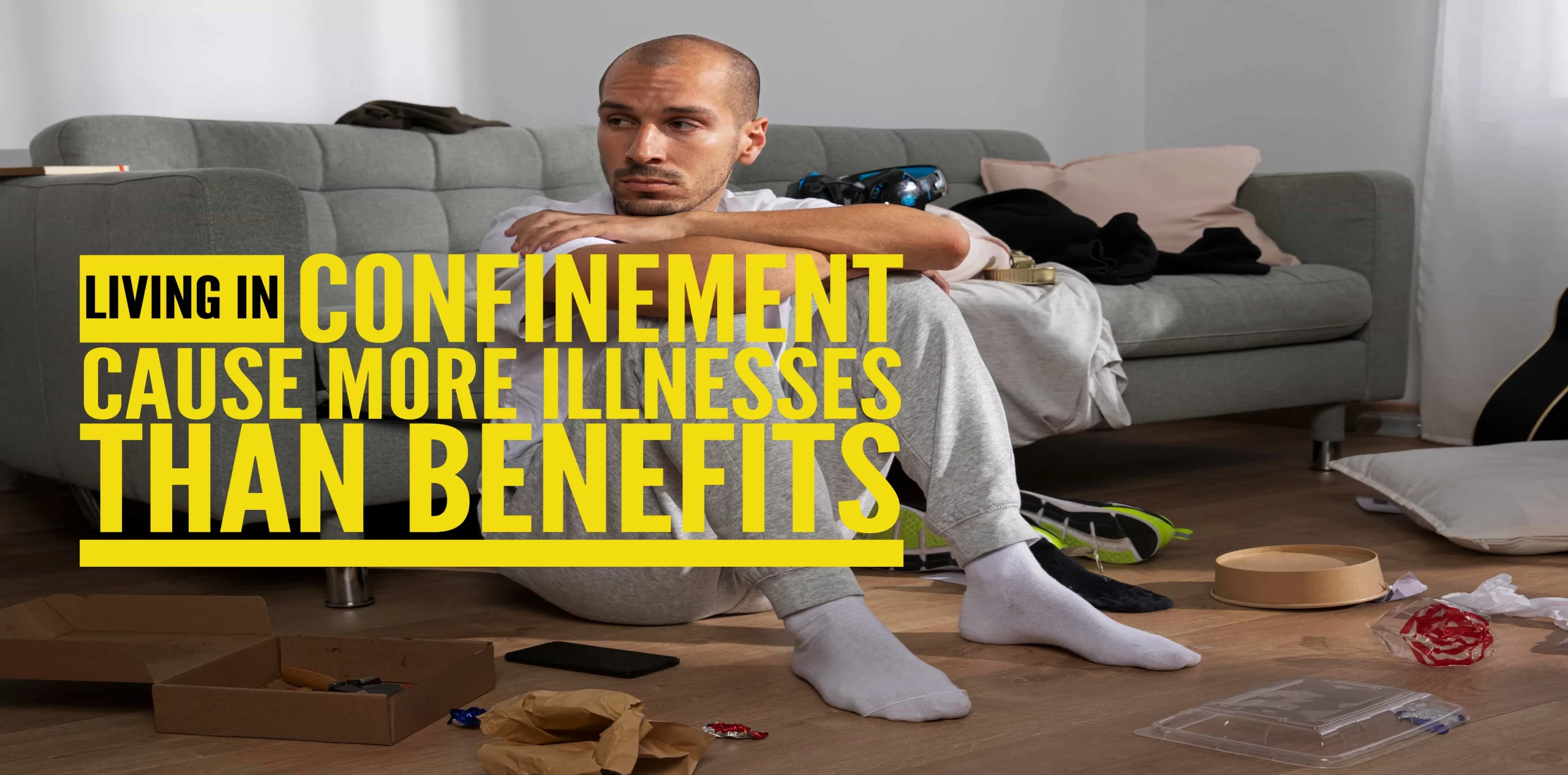
Have you ever heard of the ‘hikikomori’? It is a phenomenon in Japan where teenagers stay home for months, or even years, without contact with the outside world.
Jack is a lonely person who prefers to stay home, locked in three years ago. But this is not healthy for Jack. He is missing out on everything that makes life worth living, like seeing the sun, feeling the breeze on his skin, and being around other people.
Is it reasonable to stay home all day, like the Hikomori and Jack? What are the causes?
There are psychological reasons why people want to be kept in a room. The symptoms of low self-esteem, fear of failure, and social relationships are not to be confused with laziness, especially if this situation lasts many months.
In addition to this self-detention, there are also phobias or so-called “clinomanias”, such as the desire to stay in bed to feel safe and thus not deal with what is outside a room. The bed is like a lifeline.
Staying confined within four walls can increase anxiety. The cause is a lack of natural light, which is essential for regulating our biological clock and is responsible for appetite, mood, and sleep, among others.
Unlike beaches or deserts, green spaces have a calming power and are essential for our well-being. Recently, studies have shown that spending time in the forest improves mood and mental health, and reduces feelings of pain.
As with meditation, we were getting out of the house to walk in contact with nature, which helps us relax and clear our heads. These two benefits too benefit us to be efficient, hyper-connected, and always alert on several fronts simultaneously.







